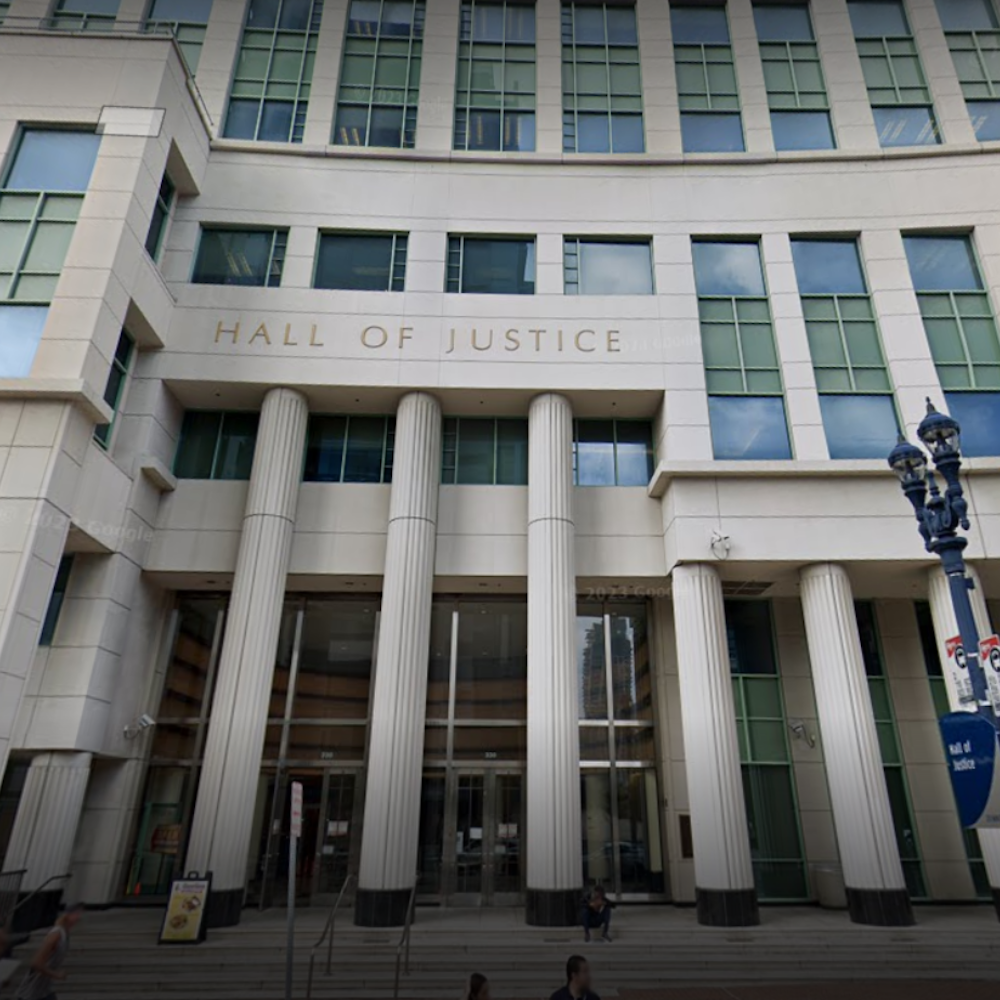
In a move that has stirred discussion about public health and local authority, Florida Governor Ron DeSantis has rejected a legislative measure aimed at empowering the state health department to potentially close beaches with water quality issues. The bill in question, HB 165, would have mandated the Florida Department of Health to issue advisories or even shutter access to the state's waters, including its famed beaches, lakes, and rivers, in instances when pollution levels failed to meet established safety standards—earning unanimous legislative approval back in March, as reported by NBC Miami.
The vetoed bill had the standing to enforce closures of water bodies, if deemed necessary "to protect the health, safety, and welfare of the public," a provision that DeSantis took issue with, citing overreach into local governance, according to NBC Miami. Despite this, the governor affirmed his commitment to water quality and conservation efforts in a veto letter made public on Wednesday night, where he also listed other legislative initiatives he rejected. This veto is part of a broader pattern reflecting DeSantis's governance style, which is often characterized by contentious interactions between state authority and municipal rights.
According to the brief report from Naples News, the vetoed bill had explicitly granted authorization to the Department of Health to close beaches due to water quality concerns, a stark potentiality that underscored tensions between environmental protection mandates and the executive philosophy that endows more autonomy to local jurisdictions.
Governor DeSantis's resistance to the bill accordingly sets a significant precedent, noting in the letter, "Health departments like DOH can serve a valuable function, but they should not be vested with the power to supersede local jurisdictions regarding the operation of beaches." This position underscores the ongoing and complex negotiation between environmental stewardship and the framework of local governance, which has been a recurring fixture in disputes over state versus local controls—particularly where environmental matters clash with the ideal of subsidiarity, which values the most immediate, localized decision-making frameworks. This was reported on by both Naples News and NBC Miami.









